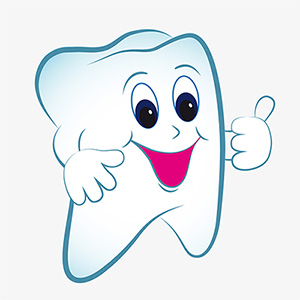Dentures are removable appliances to replace missing teeth and the surrounding tissues. They help restore the function of your mouth and the appearance of your smile. The prosthesis can be metal or resin while the teeth can be polymer or porcelain.
Types of Dentures
There are different types of dentures from which your dentist will help decide what’s best for you. The decision will largely depend on timing and the extent of missing teeth. Below are some of the options to choose from.
Immediate
These are temporary and made in advance to dental work involving the removal of teeth. Patients can use them immediately after the procedure and throughout the healing process.
Conventional
These are for long term use once the healing process of any extraction procedure is complete. Because the bones and gums can shrink over time during the healing process after teeth are removed, conventional dentures cannot be fitted for 8-12 weeks after the procedure.

Complete
These replace a full set of missing teeth. Because all the natural teeth are gone, complete dentures sit on top of the gums as opposed to being bridged to adjoining teeth. They can be made as either immediate or conventional.
Partial
These replace missing teeth when one or more natural teeth remain. The remaining teeth are used to hold the denture in place, often referred to as a “bridge”.

Did you know?
How Dentures Are Made
The process of making dentures takes several appointments over the course of a few weeks. First, the dentist will measure your jaw and mouth and make a series of impressions. Next, models are created using the impressions. The models will be worn and adjusted multiple times to find the perfect shape and color. Once the model no loner needs adjustment, the final denture will be cast. Some minor adjustments may be made to the finished denture to ensure a perfect fit.
How to Care for Dentures
Much like real teeth, dentures need to be cared for properly to maintain longevity. You should brush and rinse them daily, but not with regular toothpaste since it is too abrasive. Instead, use hand soap or mild dishwashing liquid to keep dentures clean. When dentures are not worn, they should remain moist in order to maintain their shape. Keep them soaking in a dental cleanser overnight.
